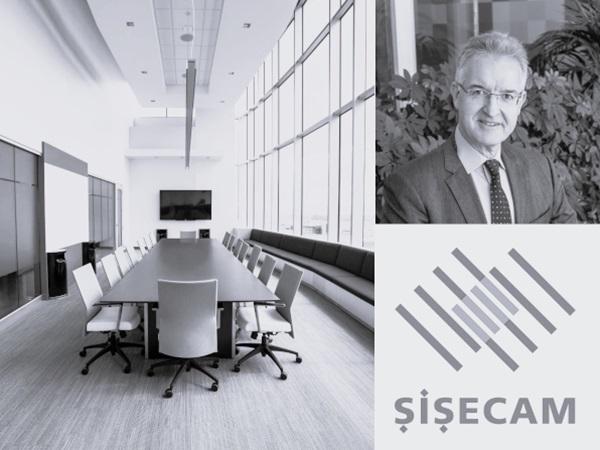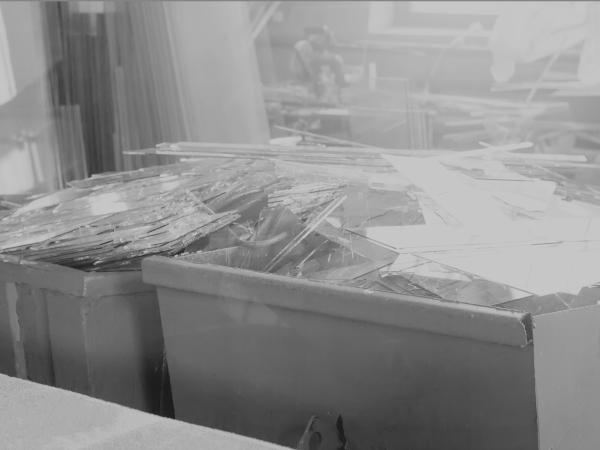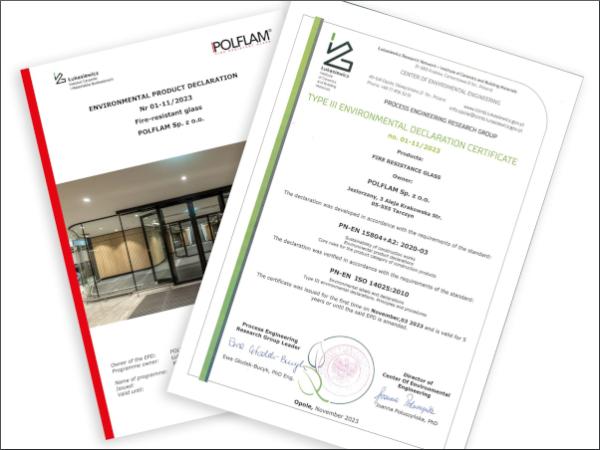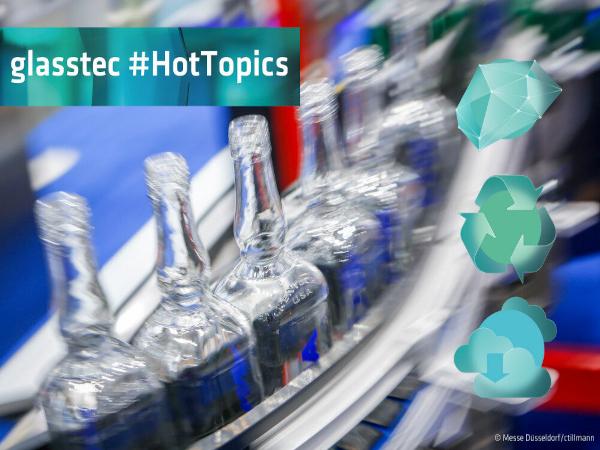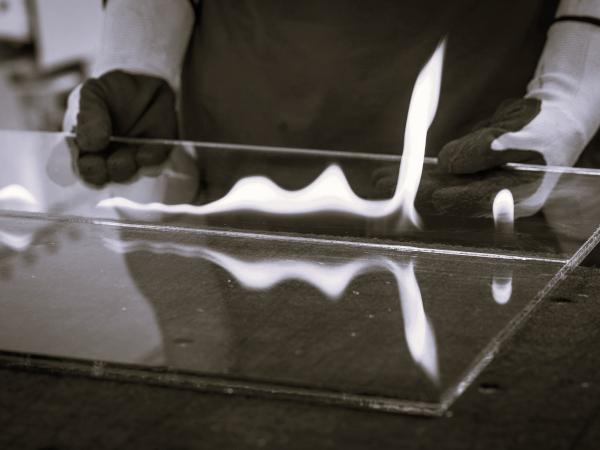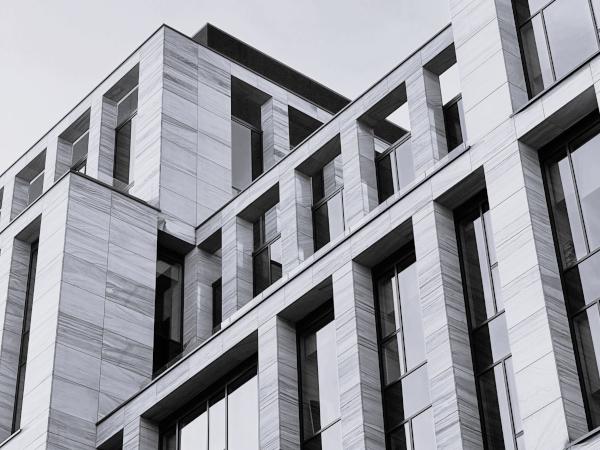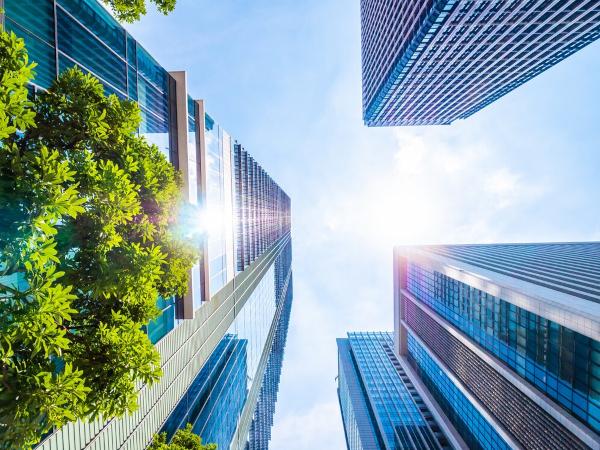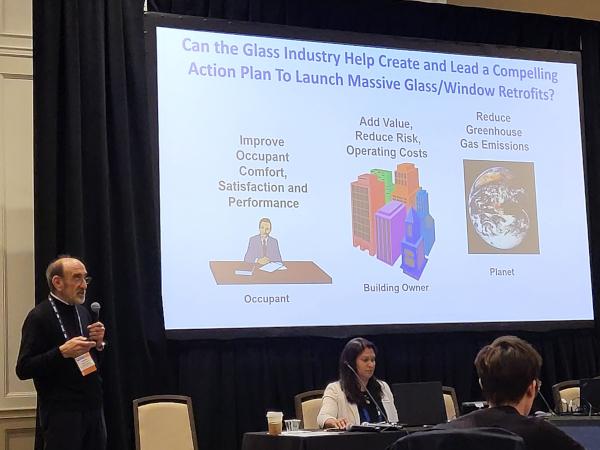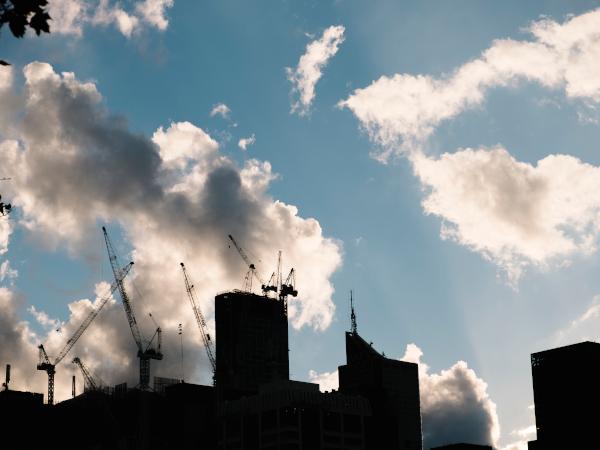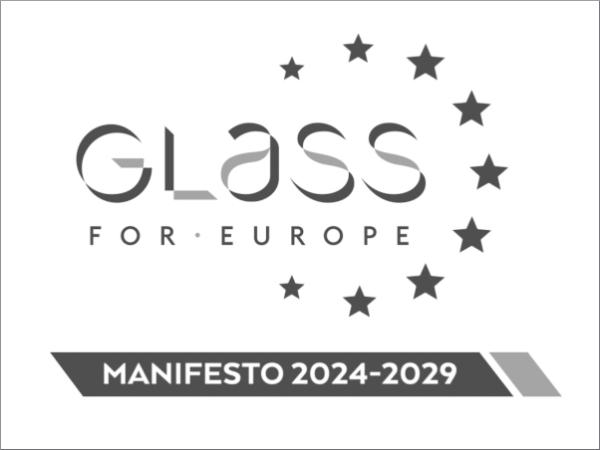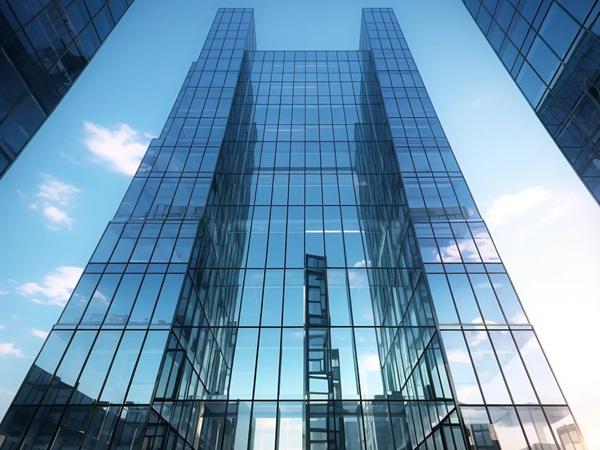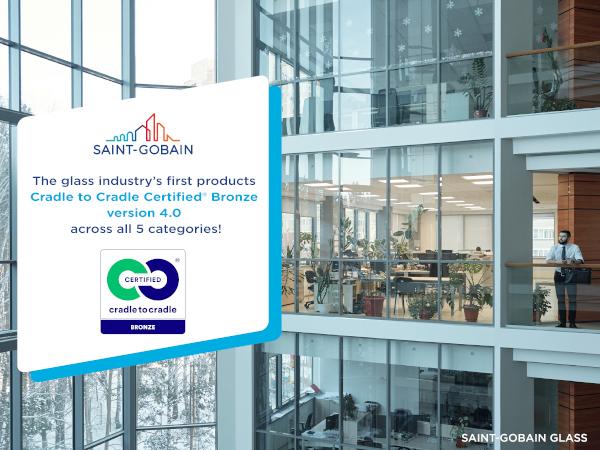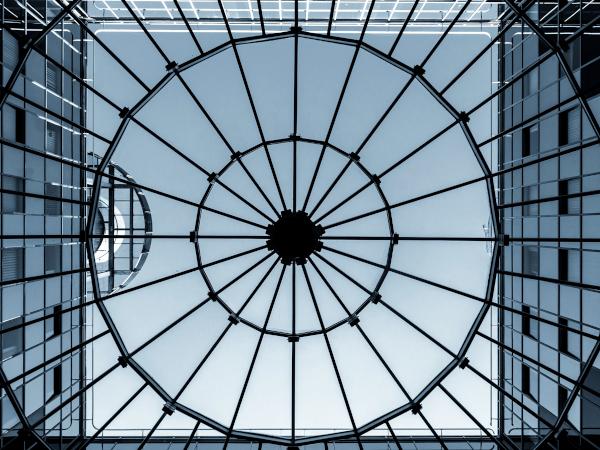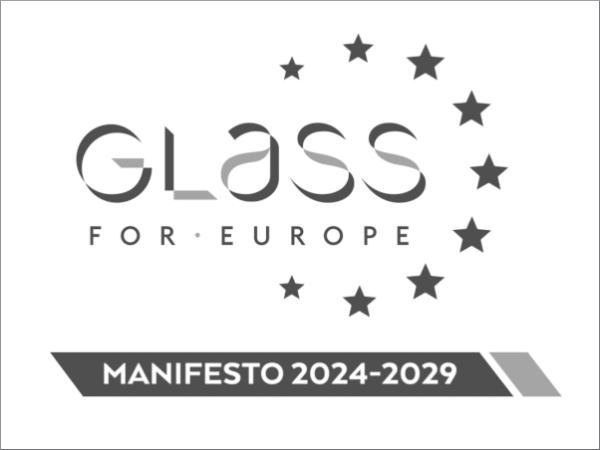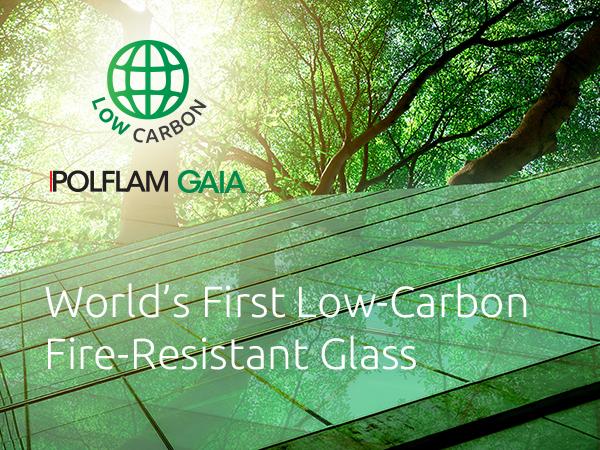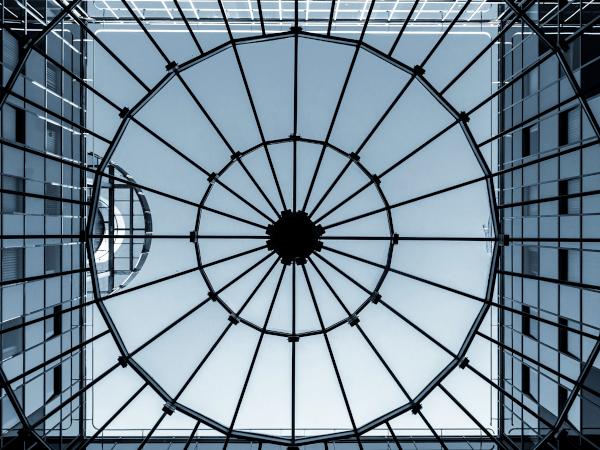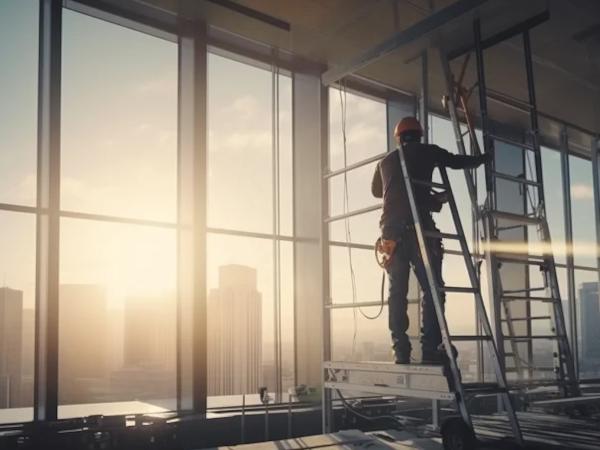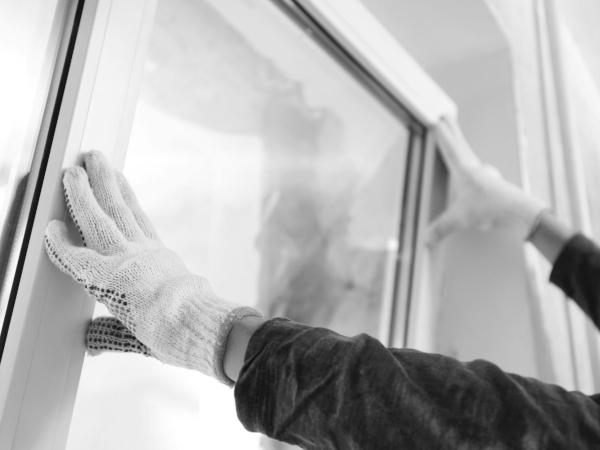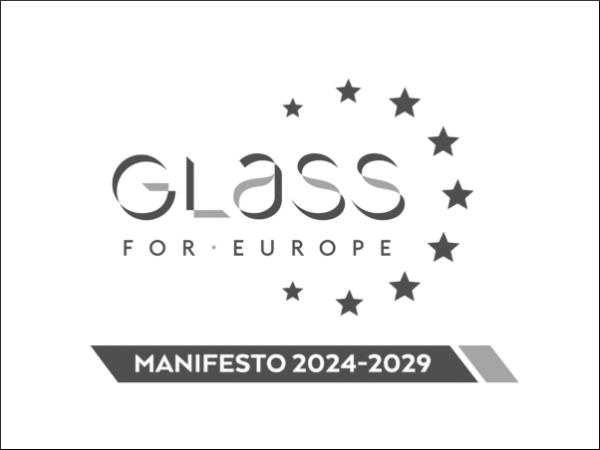Others also read
On 20 March 2024, Glass for Europe held its annual General Assembly in Brussels, bringing together senior executives and committee chairs from EU-based float manufacturers.
On the Global Recycling Day (18 March), Glass for Europe launched a new webpage dedicated to flat glass recycling.
POLFLAM is thrilled to announce the receipt of an Environmental Product Declaration (EPD) for its monolithic fire-resistant glass product range in fire resistance ratings EI and EW.
The agenda at glasstec 2024 features topics that keep the glass industry busy: Decarbonisation, Circular economy and Digital technologies. From 22 to 25 October these Hot Topics will be in focus.
Glass for Europe is pleased to observe that the EC has acknowledged glass as an example of a material for which research and innovation must be supported to enable greater wellbeing in buildings.
The plenary session of the European Parliament has voted in favor of the recast Energy Performance of Buildings Directive, one of the final texts of the ‘Fit for 55’ package.
Structured around three main questions, the Q&A helps to approach the issue of carbon from different angles.
The new video is the last one in a five-part series that constitutes Glass for Europe’s manifesto, titled ‘A Mandate to Focus on Enabling Sustainable Transformation.’
Glass for Europe issues this explanatory paper to bring clarity to all actors in the flat glass value chain about the use of interleaving polymer powders in the flat glass sector.
On 19 February, Glass for Europe invited its National Partners to attend a workshop to analyse the political agreement reached on 7 December on the recast of the Energy Performance of Buildings Directive (EPBD).
Secondary glazing involves installing an additional windowpane on an existing window to improve insulation.
Glass for Europe participated in the Glass Conference organized by the National Glass Association (NGA) from February 5 to 8 in Charleston (SC).
Energy Star, a trusted symbol for energy efficiency, extends its influence on windows, offering consumers a reliable benchmark for making environmentally conscious choices.
Transitioning energy intensive industries towards 2040 urgently requires the currently missing enabling conditions for a European business case.
On 6 February, the European Commission presented its proposal for an ambitious 90% reduction in greenhouse gas emissions by 2040.
In the ever-evolving landscape of sustainable living and energy efficiency, the Glass for Europe manifesto for 2024-2029 emerges as a guiding light towards a greener future.
Saint-Gobain Glass receives the latest Cradle to Cradle Certified® certification version 4.0 for its glass products
The European Commission’s Joint Research Centre started the year with the publication of a study on Techno-economic and environmental assessment of construction and demolition waste management in the EU.
To better direct all sustainable investments, the EU taxonomy criteria for windows must be further refined.
In 2023 Sparklike did a customer survey to understand its customers better. This included insight how Sparklike devices are perceived and what are the drivers to purchase.
Glass for Europe has produced a paper on the possibilities and constraints related to the practices of reuse and remanufacturing of flat glass.
On 13 December, a political agreement was reached by the EU Parliament, the Council of the EU, and the EU Commission, on the revision of the Construction Products Regulation (CPR).
Executives from Glass for Europe member companies introduce the challenges and opportunities faced by Europe’s flat glass sector and present concrete policy priorities for the next mandate.

